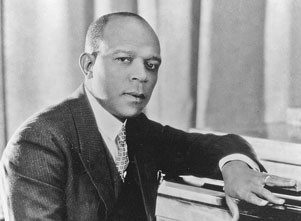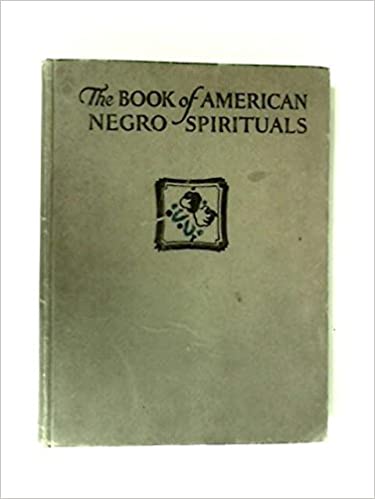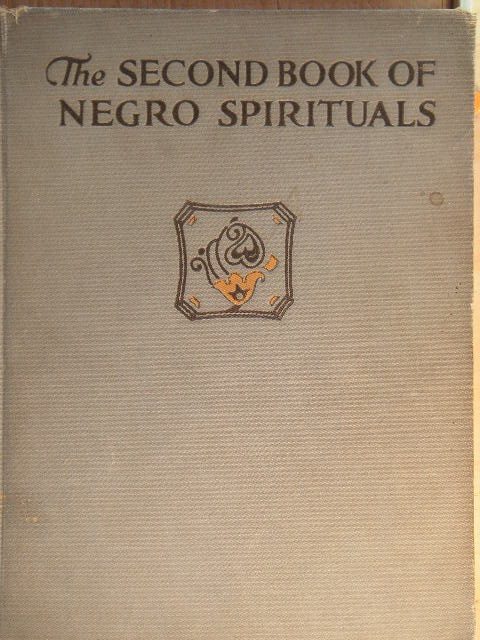John Rosamond Johnson has composed over 150 songs that range from Negro Spirituals to the Jubilee. He was a singer, soldier, actor, and pianist. He was most notable known for his composure of the Black National Anthem, “Lift Every Voice and Sing.”

Creating A Relationship With Music
Johnson was born in Jacksonville, Florida on August 11, 1873. At the age of four he began playing the piano and studied at the New England Conservatory in Boston. After completing his education, he returned to Jacksonville and became a musical director of the Bethel Baptist Church.
Career Life
His passion for music heightened as he entered the realm of musical comedy at the age of twenty three and began touring. His tours were thought to be as the first All-Black Broadway shows that differed from the stereotypical minstrel shows of the time. Upon his arrival to New York, he met Bob Cole, composer of Negro Spirituals, joined together to create the popular duo of “Johnson and Cole.” The pair created over 200 songs that included “Under The Bamboo Tree” as shown above. This song sold upwards of 400,000 songs and became a popular song in America.

The two were soon joined by John Rosamond Johnson’s brother, James Weldon. They became a trio that were known to bringing sophistication to the “Negro Song.” These songs were used in Broadway musicals.

J. Rosamond served as an editor to the most important works collected of traditional African American songs. He gathered four negro spirituals and complied these songs together with his brother James Weldon. These two books would go on to serve as historical records of the history of the African experience in America. Today, these songs are sung too serve as a memorandum of these previous traumas that brought us to where we are now.


Johnson's Later Life
One of the greatest accomplishments was the composure of “Lift Every Voice and Sing.” The song uses the technique of “word painting” in which the music matches the way in which it is being sung. This song served as a vision for the future and was deemed as the “Negro National Anthem.” This occurred 12 years before the “The Star Spangled Banner” was named the official national anthem. After his music success, he would later serve as the 2nd Lieutenant in the 15h Regiment. After returning home from the war, he would go on to be a key figure in the production of Porgy and Bess in 1935. He later died in New York on November 11, 1954.

